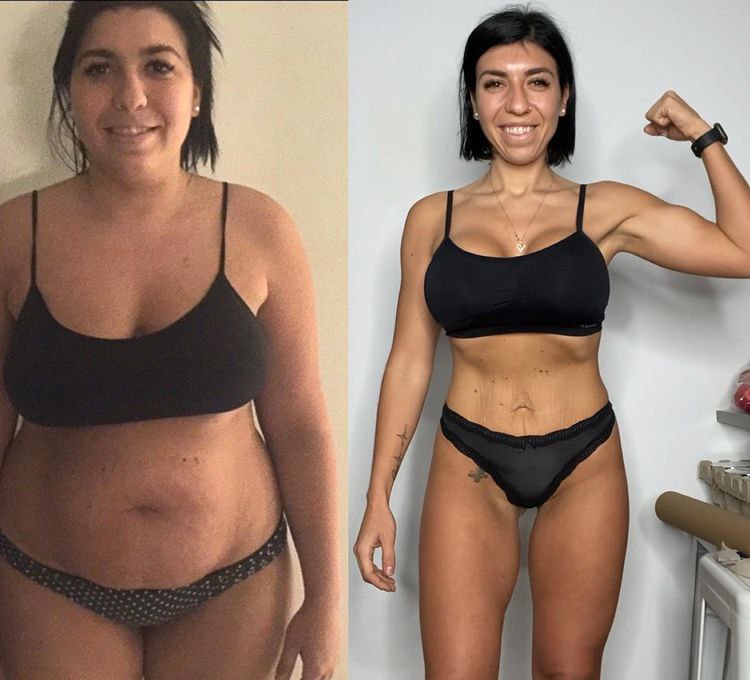Weight loss is a journey that involves more than just shedding pounds; it’s about adopting a healthier lifestyle that supports your overall well-being. Whether you’re looking to lose a few pounds or make significant changes, understanding the fundamentals of weight loss and implementing sustainable strategies can lead to lasting success. Here’s your comprehensive guide to effective weight loss.
Understanding Weight Loss
**1. The Science of Weight Loss: Weight loss fundamentally comes down to a simple equation: energy in versus energy out. To lose weight, you need to create a calorie deficit, meaning you consume fewer calories than your body expends. This can be achieved through a combination of reducing caloric intake and increasing physical activity.
**2. Setting Realistic Goals: Setting achievable weight loss goals is crucial. Aim for a gradual and sustainable weight loss of 1 to 2 pounds per week. Rapid weight loss can be harmful and difficult to maintain. Focus on long-term health improvements rather than quick fixes.
Effective Strategies for Weight Loss
**1. Balanced Diet: A nutritious, well-balanced diet is the cornerstone of weight loss. Incorporate a variety of foods to ensure you’re getting essential nutrients. Focus on:
- Fruits and Vegetables: High in vitamins, minerals, and fiber, they help you feel full and satisfied.
- Lean Proteins: Such as chicken, fish, beans, and tofu, which help build muscle and boost metabolism.
- Whole Grains: Opt for whole grains like brown rice, quinoa, and oats instead of refined grains.
- Healthy Fats: Include sources of healthy fats like avocados, nuts, and olive oil, which support overall health.
**2. Portion Control: Being mindful of portion sizes helps manage caloric intake. Using smaller plates, measuring servings, and paying attention to hunger cues can prevent overeating.
**3. Regular Physical Activity: Exercise plays a vital role in weight loss and overall health. Aim for a combination of cardiovascular exercises (like walking, running, or cycling) and strength training (such as weight lifting or yoga). Incorporating both helps burn calories and build muscle, which can boost your metabolism.
**4. Hydration: Staying hydrated is essential for weight loss. Water aids in digestion, helps control appetite, and can improve overall energy levels. Aim to drink at least 8 glasses of water a day, and more if you’re active.
**5. Sleep and Stress Management: Adequate sleep and stress management are often overlooked but are crucial for weight loss. Poor sleep and high stress levels can disrupt hormonal balance, leading to increased hunger and cravings. Aim for 7-9 hours of quality sleep per night and practice stress-relief techniques like meditation, deep breathing, or hobbies.
**6. Mindful Eating: Paying attention to what and when you eat can help prevent overeating. Eat slowly, savor each bite, and listen to your body’s hunger and fullness signals. Avoid distractions like watching TV or using your phone while eating.
Avoiding Common Pitfalls
**1. Fad Diets: Be cautious of fad diets that promise rapid weight loss. These diets often lack essential nutrients and can be unsustainable in the long term. Focus on making balanced, healthy dietary changes instead.
**2. Skipping Meals: Skipping meals can lead to overeating later in the day and may slow down your metabolism. Aim to eat regular, balanced meals and snacks to keep your metabolism steady.
**3. Overemphasis on the Scale: While tracking weight is a common measure of progress, it’s important to remember that weight isn’t the only indicator of health. Pay attention to other markers like how your clothes fit, energy levels, and overall well-being.
Creating a Support System
**1. Seek Professional Guidance: Consulting with a healthcare provider or a registered dietitian can provide personalized advice and help you create a plan that suits your individual needs and goals.
**2. Join Support Groups: Being part of a weight loss support group, whether online or in-person, can provide motivation, accountability, and a sense of community. Sharing experiences and tips with others can be encouraging and informative.
**3. Involve Family and Friends: Share your goals with family and friends for support. Having a support system can make the journey more enjoyable and less isolating.
Maintaining Weight Loss
**1. Set New Goals: Once you reach your initial weight loss goals, set new objectives to maintain your weight or further improve your health. Focus on maintaining a balanced lifestyle rather than fixating on the scale.
**2. Regular Check-Ins: Periodically review your progress and make adjustments as needed. Regular self-assessment can help you stay on track and address any challenges that arise.
**3. Celebrate Achievements: Acknowledge and celebrate your successes, no matter how small. Positive reinforcement can boost motivation and encourage you to continue with your healthy habits.
Conclusion
Effective weight loss is about more than just losing pounds; it’s about adopting a healthier lifestyle that supports long-term well-being. By focusing on a balanced diet, regular exercise, hydration, and mindful eating, you can achieve and maintain your weight loss goals. Remember, the journey to weight loss is personal and unique, and what works for one person may not work for another. Stay patient, be kind to yourself, and enjoy the process of creating a healthier, happier you.









